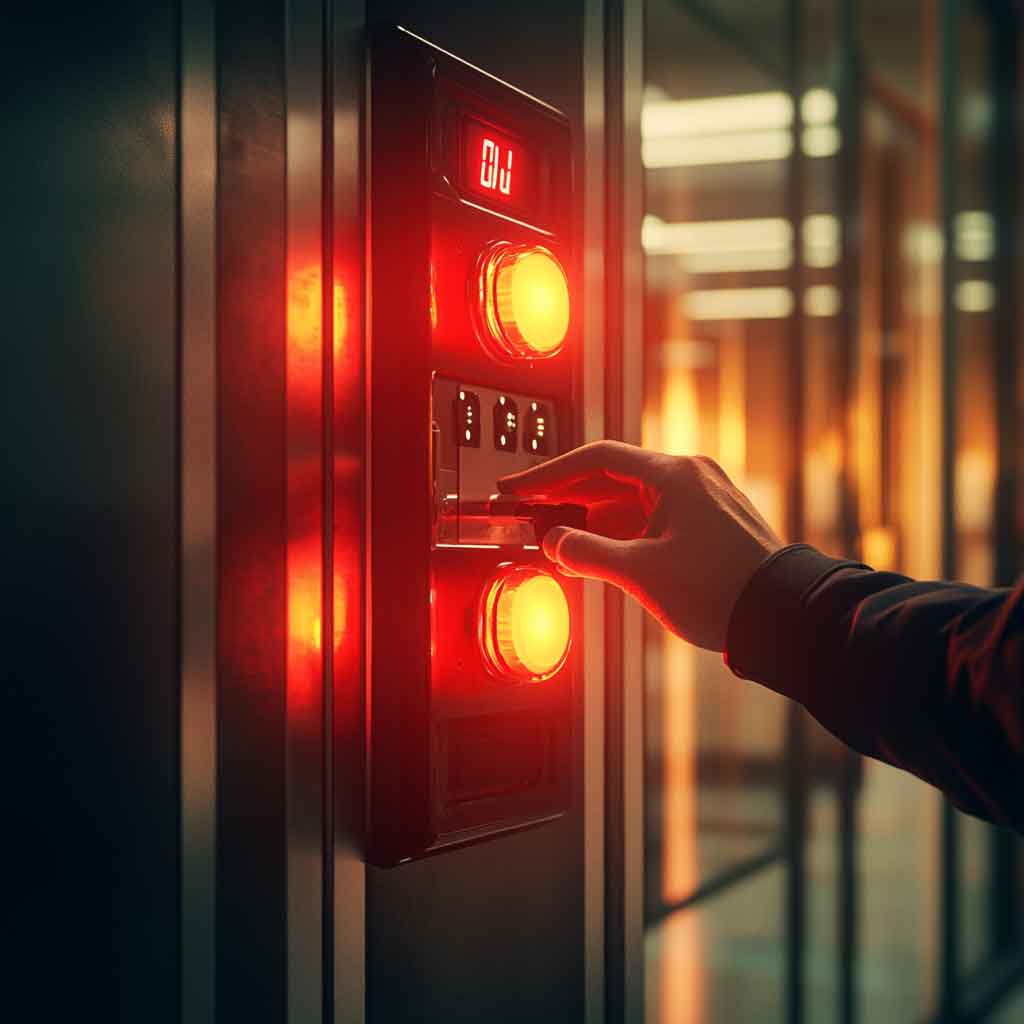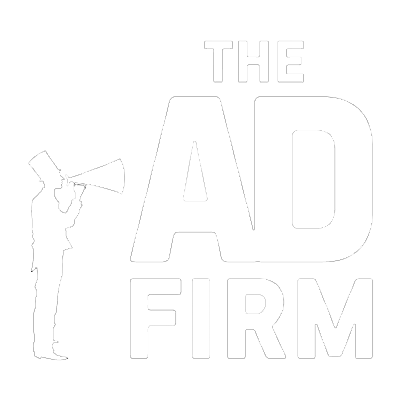A fully operational fire alarm system is essential for protecting buildings, occupants, and assets. Inspections confirm that all components function correctly and comply with fire protection standards. However, many buildings fail due to preventable deficiencies or issues requiring corrective action.
Get in Touch for Fire Protection Services
A failed inspection can lead to fines, liability risks, and operational shutdowns. Understanding why failures occur and how to prevent them ensures continued compliance and system reliability. This guide covers the most frequent fire alarm inspection failures, the necessary corrections, and best practices to keep your system in working order.
Common Reasons Fire Alarm Inspections Fail
Fire alarm inspections assess whether all system components operate as required by local and national fire codes. When deficiencies are found, property owners must resolve them before receiving certification.
Inaccessible Fire Alarm Equipment
One of the most common yet preventable reasons for fire alarm inspection failures is lack of access to system components. If inspectors cannot access the necessary equipment, they cannot complete the evaluation.
Common Accessibility Issues:
- Locked or Blocked Fire Alarm Panels – The fire alarm control panel (FACP) must be accessible for testing and troubleshooting. If secured in an office or locked area, access arrangements must be made before the inspection.
- Obstructed Sprinkler Riser Rooms – Fire sprinkler risers must be accessible for testing. If blocked or locked, inspectors cannot verify system functionality.
- In-Unit Alarms – In multi-unit buildings, some alarms are located in tenant spaces or restricted areas, requiring pre-arranged access.
Failure to Activate During Testing
If a fire alarm fails to activate when tested, the inspection automatically fails. Several issues can cause this failure, including:
Common Causes:
- Depleted Backup Batteries – Many fire alarm systems rely on backup power to operate during outages. Batteries that are expired or improperly maintained may fail during testing.
- Wiring Issues – Loose connections, corroded wiring, or electrical faults can prevent alarms from activating properly.
- Damaged Components – Smoke detectors, pull stations, or control panels may fail due to wear and tear, exposure to moisture, or previous system damage.
Low or Silent Alarm Sounders
Fire alarms must emit a loud and clear signal to alert all occupants during an emergency. If alarm sounders do not meet required decibel levels, they fail inspection.
Causes of Low or Silent Alarms:
- Obstructed Sounders – Furniture, decorations, or structural barriers can muffle alarm volume.
- Aging Equipment – Older alarms may no longer meet modern sound output standards.
- Electrical Issues – Wiring problems can prevent alarm activation.
Common Issues:
- Expired Sprinkler Heads – Older systems may contain sprinklers that are no longer compliant with updated regulations.
- Manufacturer Recalls – Some sprinkler models may be recalled due to defects that prevent proper activation.
Unresponsive Smoke and Heat Detectors
Fire alarm systems depend on properly functioning smoke and heat detectors to detect fire hazards. If these devices fail during an inspection, the system is deemed non-compliant.
Causes of Detector Failures:
- Dust and Debris Accumulation – Blocked sensors reduce detection capabilities.
- Malfunctioning Sensors – Wear and tear can lead to decreased sensitivity.
- Incorrect Placement – Detectors installed near vents or in dead air spaces may fail to respond effectively.
Control Panel Errors and System Malfunctions
The fire alarm control panel (FACP) serves as the system’s central hub. Errors in the control panel can cause the entire system to fail.
Common Issues:
- Programming Errors – Incorrect system settings prevent alarms from activating.
- Wiring Faults – Loose or corroded wiring disrupts panel communication.
- Hardware Failures – Defective circuit boards, relays, or modules can cause system malfunctions.
How to Ensure a Successful Fire Alarm Inspection
A well-maintained fire alarm system is crucial for compliance, safety, and reliability. Inspections verify that alarms activate correctly in emergencies, minimizing risks to lives and property.
To avoid failures, property managers and facility owners must stay proactive. This includes regular system testing, accurate documentation, and working with certified fire protection professionals. These steps identify potential issues early, prevent unexpected failures, and ensure compliance with regulatory requirements.
Get in Touch for Fire Protection Services
Below are key practices to pass fire alarm inspections smoothly and avoid unnecessary delays or costly corrections.
Schedule Regular System Testing
Routine system testing ensures that every component of the fire alarm system functions as required. Fire codes and regulations outline specific inspection and testing intervals to maintain compliance. Skipping these routine checks increases the risk of undetected failures, which can lead to inspection failures or, worse, system malfunctions during an emergency.
Monthly Checks
- Inspect backup batteries to ensure they hold a charge and will operate during a power outage.
- Verify that fire alarm panels are free from errors or warning signals.
- Visually check system components for signs of physical damage, tampering, or environmental interference.
Annual and Semi-Annual Inspections
- Hire a certified technician to conduct a full system evaluation at both annual and semi-annual intervals.
- Perform a comprehensive assessment of all alarm components, including detectors, panels, sounders, and wiring connections.
- Test fire alarm monitoring connections to confirm they properly alert emergency response teams.
Proactive system testing reduces the likelihood of unexpected failures, making fire alarm inspections more seamless.
Compliance with Inspection Scheduling and Notifications
Fire alarm inspections are federally and locally mandated, and missing an inspection can result in compliance violations or fines. Property managers must stay on top of scheduling to avoid delays, rescheduling fees, or lapses in certification.
Know Your Inspection Deadlines
Every jurisdiction has specific timelines for fire alarm system inspections. These are usually determined by:
- State and Local Fire Codes – Some properties require annual inspections, while others may need quarterly reviews.
- Building Type and Occupancy – High-occupancy buildings, such as apartments or commercial spaces, often have stricter inspection schedules.
- Insurance Requirements – Many insurers mandate proof of fire alarm compliance to maintain policy coverage and avoid premium increases.
Maintaining a centralized inspection schedule ensures inspections are never missed and properties remain compliant.
Coordinate Inspection Appointments in Advance
To prevent last-minute scheduling conflicts, property managers should:
- Book inspections well before the due date to allow time for potential corrections.
- Ensure authorized personnel are available to provide access and handle any required documentation.
- Communicate with tenants or occupants in multi-unit properties if alarms will be tested to avoid confusion or unnecessary evacuations.
Proper coordination prevents delays that could lead to compliance gaps or failed inspections due to incomplete evaluations.
Ensure Your Fire Alarm System is Ready for Inspection
Partnering with a reputable fire protection company ensures your system operates at peak performance while maintaining compliance. Certified technicians identify even subtle system issues that might escape untrained eyes. Their expertise ensures:
- Compliance with all relevant fire safety codes.
- Proactive recommendations for upgrades or repairs.
- Detailed, audit-ready documentation.
Tailored Maintenance Plans
Every property has unique fire protection needs. Customized maintenance programs are designed to address these specific requirements, ensuring that your system receives the appropriate level of attention. Tailored plans may include scheduled inspections, priority repair services, and ongoing support to adapt to changes in your property or regulations.
At Aura Fire Safety, we are committed to providing top-tier fire protection services that keep your property safe and compliant. With over 27 years of experience serving the San Francisco Bay Area, our team of certified professionals specializes in designing, installing, inspecting, and repairing fire alarm systems.
Contact Aura Fire Safety today to schedule your next fire alarm inspection or learn more about how we can create a customized fire protection plan for your business. Let us help you ensure the safety of your property and the people within it.
Get in Touch for Fire Protection Services




 The Ad Firm
The Ad Firm